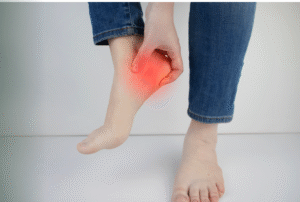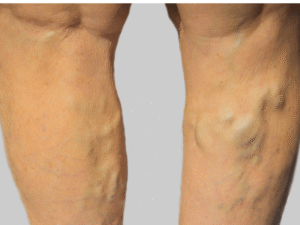Cure Halitosis: Effective Treatments for Chronic Bad Breath
Is chronic bad breath (halitosis) making you hide your smile? You’re not alone. Halitosis, the medical term for bad breath affecting millions, isn’t just about garlic or onion – it’s often a sign of deeper oral health issues. The good news? Curing halitosis is possible with the right approach. Let’s uncover the causes of bad breath and reveal effective treatments backed by science.
Table of Contents
Why Your Breath Smells: The Real Causes of Halitosis
Bad breath isn’t just “morning breath.” Persistent bad breath usually stems from:
Bacteria in the mouth- thriving on food particles and releasing sulfur compounds (that bad smell).
Poor oral hygiene – skipping brushing and flossing allows plaque buildup.
Gum disease – inflamed gums trap bacteria, a major cause of halitosis.
Dry mouth – low saliva means less natural cleansing.
Underlying medical conditions like diabetes or sinus infections.
“90% of halitosis starts in the mouth,” says the American Dental Association. Poor oral hygiene, gum disease, and that coated back of the tongue are prime suspects.
Halitosis Symptoms: Is It More Than Just Bad Breath?
Watch for these signs:
Bad-smelling breath all day
Foul breath odor after brushing
White coating on your tongue
Constant dry mouth
Bad taste in your mouth
Proven Halitosis Treatments: Your Road to Fresh Breath
The best treatment for halitosis? Target the cause. Here’s what actually works:
The Daily Defense Routine (Do This Twice a Day!)
Brush properly: Use fluoride toothpaste, scrubbing teeth and tongue.
Floss: Remove trapped debris between teeth where bacteria hide.
Tongue Scraper: Gently clean the back of the tongue
Antimicrobial Mouthwash: Swish to kill lingering germs (look for CPC or chlorhexidine).
Drink plenty of water throughout the day to combat dry mouth and keep your mouth moist.
When to See Your Dentist
If good oral hygiene isn’t fixing the bad breath, see a dentist. They can:
Diagnose gum disease, cavities, or infections.
Measure breath odor intensity.
Rule out oral health issues or health conditions linked to halitosis.
A dentist may identify treatable causes like periodontal disease in minutes,” notes the ADA. Don’t ignore stinky breath, early diagnosis and treatment saves your smile.
Home Remedies & Quick Fixes
Boost your routine with these:
Chew sugar-free gum to stimulate saliva.
Avoid garlic, onion, and spicy foods.
Use a mouth rinse after meals.
Clean dentures/appliances daily.
Quit smoking, it dries your mouth and worsens odor.
FAQ: Your Halitosis Questions Answered
Q: Can halitosis be cured permanently?
A: Yes! Most chronic bad breath is curable by treating the source – like improving oral hygiene or managing gum disease.
Q: Is bad breath a sign of something serious?
A: Sometimes. Persistent bad breath can indicate diabetes, GERD, or kidney issues. See a doctor if your dentist rules out oral causes.
Q: What’s the fastest way to get rid of bad breath?
A: Brushing, flossing, tongue scraping, and mouthwash offer immediate relief. For lasting results, fix the root cause.
Q: Does mouthwash cure halitosis?
A: It masks odor and reduces bacteria short-term but won’t cure gum disease or dry mouth. Use it with brushing/flossing.
Conclusion
Curing halitosis starts with understanding its many causes – from poor oral hygiene to bacteria buildup or medical conditions. By combining daily brushing/flossing, tongue cleaning, staying hydrated, and seeing your dentist, you can treat bad breath effectively.



